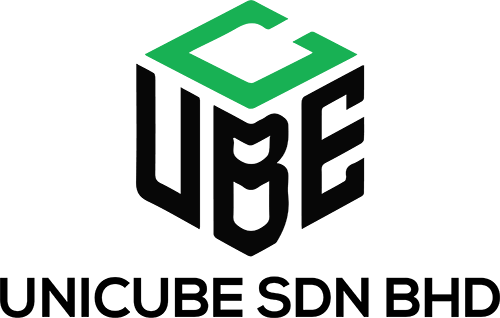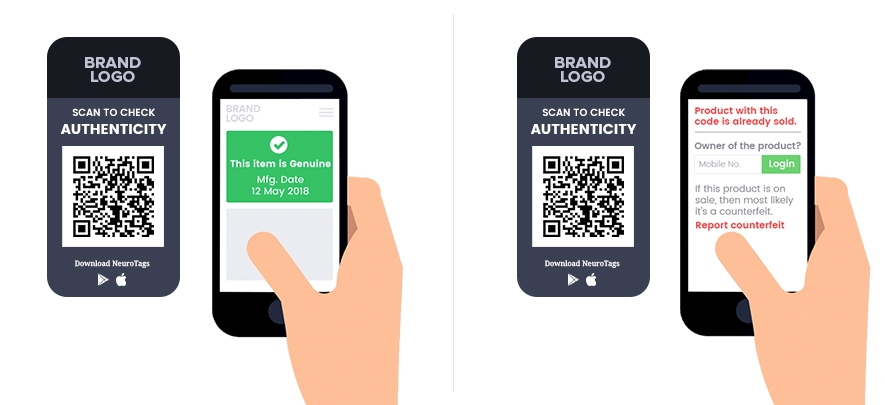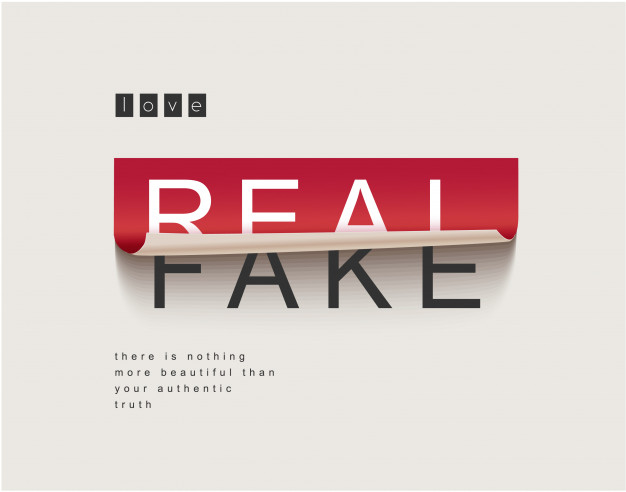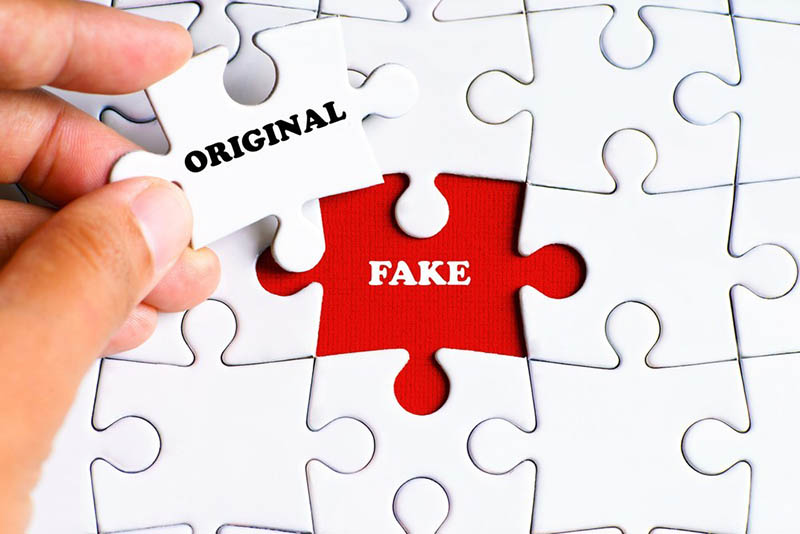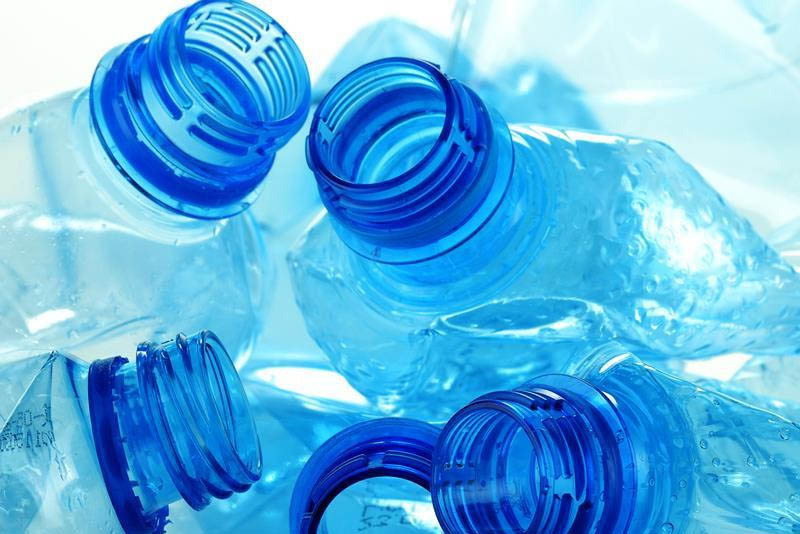Blog
Why Anti-Counterfeiting Technologies in Packaging Matter?
In a fast-paced world today, nearly anything can be counterfeited. Whether it’s designer bags, shoes, food or even money, counterfeiting is one of the most difficult issues that we are facing. And in fact, it is one of that many world’s biggest food producers are working to overcome. Even though the historical origins of counterfeit packaging may be unclear, it’s easy to see pains they create in modern markets.
Effective Labelling is Making A Difference in Counterfeiting Products
The progressive opening of frontiers and the development of international trade have exposed both producer and consumer to a wide variety of products and brands of diverse origins. Such a situation has increased the choice opportunities offered to consumers and engaged companies into a fierce competition race. However, when faced with such a plethora of products, the consumer has to be the judge and arbitrator. Hence, the question to be asked is which products are authentic?
How Packaging Keep Up with Market’s Demand for Authentic Goods?
The retail landscape looks quite different today than it did even ten years ago. The way that consumers make purchasing decisions has dramatically changed, they stand in stores, comparing prices and product reviews on the phone while family and friends instantly weigh in on shopping decisions via social media. These shifts are slowly ending the retail as we know it. And in fact, some researchers predict that retail will change more in the next five years than it has over the past century and that the extinction of brick-and-mortar stores isn’t far off. Consumers today are shifting their shopping experience online instead.
The Rise of Counterfeits & Ways to Prevent them.
UNICUBE has researched the rise of counterfeits during the past few years. The results have shown a steady increase in counterfeit and pirated goods. According to the latest info by our crew, counterfeit goods now stand at 3.3% of global trade.
PET Plastic Article
PET is also known as polyethylene terephthalate, is the chemical name for polyester. Being one of the most commonly used thermoplastic polymers in the world. It is a naturally transparent and semi-crystalline material. Well known for its high versatility in its use case it is widely available an economical and recyclable plastic (Resin identification code “1”)
